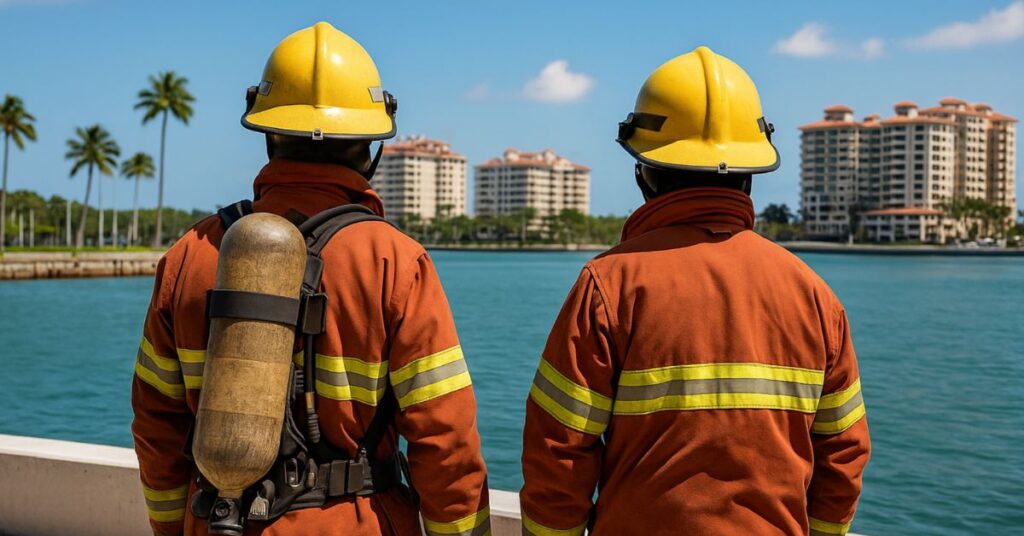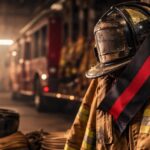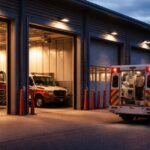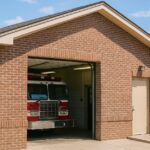On June 5, 2025, Governor Ron DeSantis signed House Bill 929 into law. This landmark legislation represents the most significant advancement in firefighter health and safety policy in a generation, addressing long-standing concerns about the physical and mental toll that firefighters endure.
The full bill, which was unveiled to the public at the 81st Annual Florida Professional Firefighters Convention in Palm Beach Gardens, will bolster health and safety measures for 50,000 firefighters in the State. Following this legislative victory, it’s worth examining what it includes and the path that brought us here.
Strengthening Firefighter Protections: Overview of H.B. 929
H.B. 929 updates the Florida Firefighters Occupational Safety and Health Act, expanding its scope to address occupational diseases and mental health concerns that have historically been overlooked in firefighter safety protocols.
As Governor DeSantis noted during the signing ceremony, “Firefighters put their lives on the line to save others. The heroic work takes a physical and mental toll. HB929 recognizes the risks and strengthens Florida’s commitment to the well-being of our firefighters.”
This comprehensive reform acknowledges that firefighter safety extends far beyond the immediate dangers of fighting fires. Its provisions encompass significant regulations on everything from gear and chemical safety, work schedules, safety inspections, and even continuing education.
What are the Key Provisions of HB 929?
This bill goes beyond simply stating Florida’s good intentions towards its firefighters. Instead, it establishes a new gold standard to reduce the likelihood of on-the-job injuries.
Occupational health enhancements
The most significant mandate in HB 929 is an organizational overhaul: now, the Division of State Fire Marshal, within the Department of Financial Services, will be tasked with developing a new set of regulations to prevent physical and mental occupational diseases. This represents a crucial shift toward proactive health management rather than reactive treatment, recognizing that firefighters face unique occupational hazards that require specialized attention and prevention strategies.
The Division is now required to identify firefighter employers with high frequencies or severity of work-related injuries, occupational diseases, or suicide. These companies will have to undergo safety inspections and receive assistance in developing comprehensive firefighter employee safety and health programs.
Regulations on gear and chemical safety
Fire departments will now ensure that any gear they purchase is free from hazardous chemicals. This provision addresses growing concerns about PFAS, the hazardous “forever chemicals” linked to cancer and commonly found in current fireproof gear.
Additionally, firefighters must be notified if their current gear contains toxic substances, ensuring transparency about potential health risks. This will empower firefighters to make informed decisions about their safety and health.
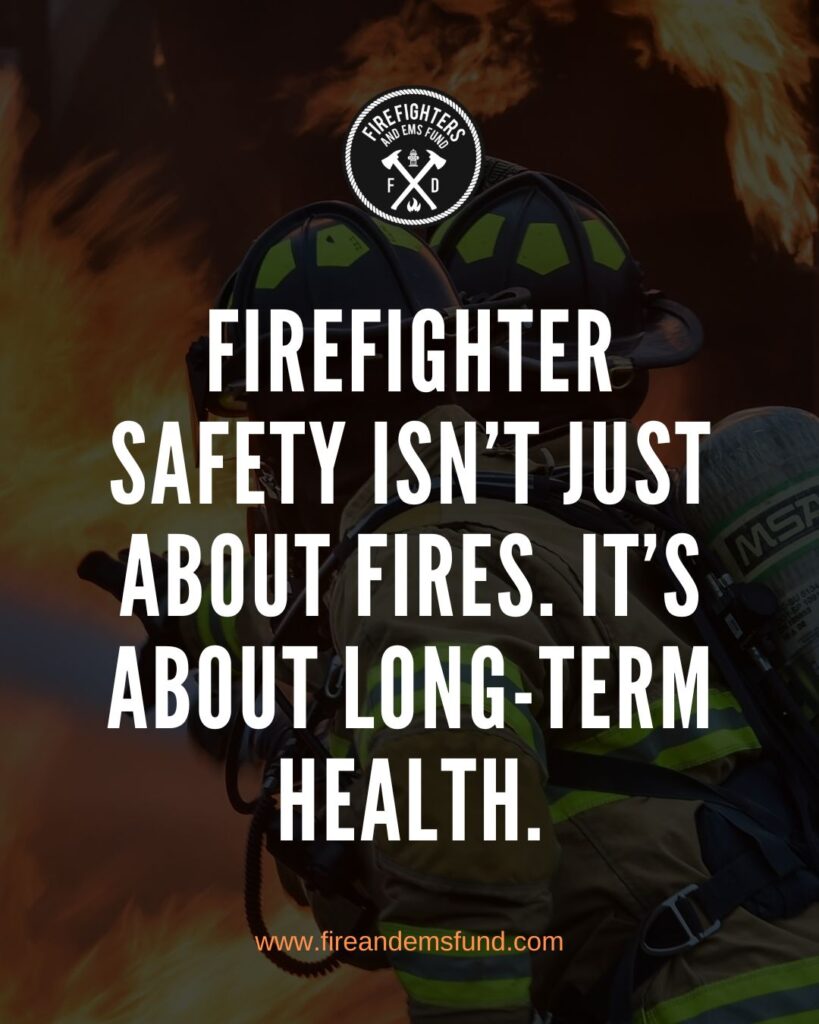
These provisions directly address the alarming cancer rates among firefighters, with studies showing that Florida firefighters face increased risks for various cancers, including melanoma for men and thyroid cancer for women.
Mental health initiatives
One of the most groundbreaking aspects of this bill will deal with monitoring and preventing mental health issues among firefighters, including the risk of suicide. In this way, HB 929 will be the first piece of legislation that acknowledges the significant psychological toll that emergency response work takes on first responders.
The law requires:
- The establishment of “mental health best practices related to resiliency, stress management, peer support, and access to mental healthcare.”
- Including the risks of PTSD, burnout, and anxiety in any accident prevention programs.
- Equal coverage and attention for mental and physical safety concerns.
Work Schedule Adjustments
To reduce burnout and fatigue, the law encourages limiting standard firefighter shifts to 42 hours per week. This provision acknowledges that excessive work hours can lead to both physical exhaustion and mental stress, potentially compromising both the safety of firefighters and the public.
Legislative Journey and Support
H.B. 929 received unprecedented, unanimous support in both legislative chambers, demonstrating the bipartisan recognition of firefighter safety as a priority that transcends political divisions.
First, the bill passed the House with a remarkable 115-0 vote and the Senate with a 37-0 vote. It was co-sponsored by Representatives Erika Booth and Danny Alvarez Sr., with Senator Nick DiCeglie guiding the companion measure through the upper chamber.
Florida Professional Firefighters President Wayne ‘Bernie’ Bernoska praised the collaborative effort, stating that “This comprehensive legislation modernizes our state’s firefighter OSHA statute. It reflects our commitment to mental wellness, cancer prevention, and a safer working environment.”
Implications for Firefighters and Departments
The legislation is seen as a significant step in moving beyond traditional safety measures to encompass comprehensive health and wellness programs.
The law’s emphasis on data collection and monitoring will enable fire departments to identify trends and implement targeted interventions before problems become crises. This proactive approach represents a fundamental shift in how firefighter safety is conceptualized and managed.
Fire service leaders across the country have praised the legislation, with Edward Kelly, General President of the International Association of Fire Fighters, noting that “This new legislation will make a difference in the lives of every Floridian and the firefighters they count on.”
Our Perspective
The Firefighters and EMS Fund supports initiatives like H.B. 929 that prioritize the well-being of emergency responders. Such legislation aligns perfectly with our mission to advocate for policies that enhance the safety and health of firefighters and EMS personnel.
This law should also serve as a model for other states to follow, and we will continue to advocate for similar legislation nationwide at every chance.

